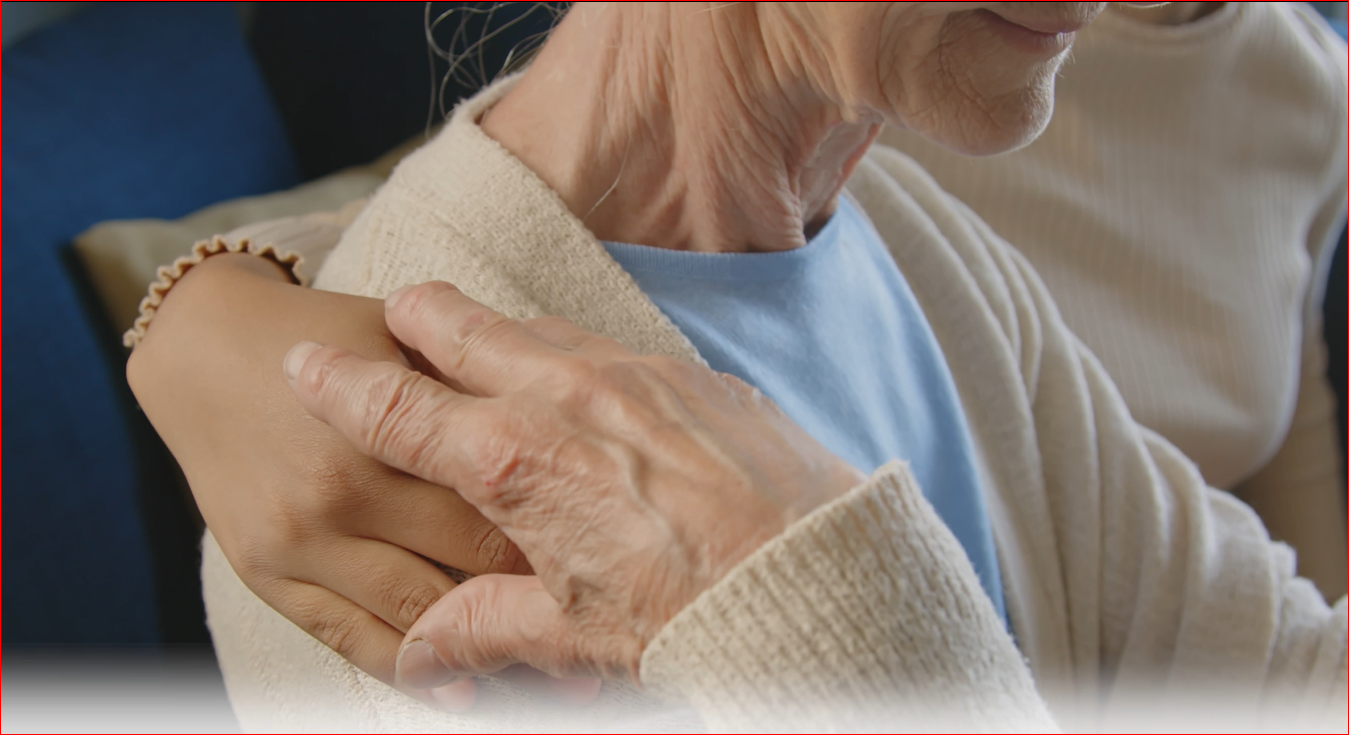“It’s not if, it’s when you will be a family caregiver.”
~ Nadine Henningsen, President, Carers Canada
May 2023 has been declared by King Charles the Third “Family Caregiver Month” in British Columbia. Caregivers typically support those who are unable to care for themselves due to illness, disability, or aging. It is a responsibility that often falls on individuals who are thrusted into the position with little preparation or warning.
While the role of a caregiver can be incredibly rewarding, it can also be physically, emotionally, and financially taxing. In order to provide the best care possible for your loved one, it’s important to be empowered in all aspects of your life. In this article, we’ll explore how you can become financially, emotionally, mentally, and physically empowered as a family caregiver.
Caregiving Statistics in Canada
In January 2022, a report published by Statistics Canada stated, “In 2018, one in four Canadians aged 15 years and older (7.8 million people) reported providing care for family members or friends with a long-term condition, a physical or mental disability, or problems related to aging.”
According to the same report, the average amount of time spent on family caregiving ranges from 1 to 3 hours per week to as much as 20 or more hours per week. The good news is there are ways where you can proactively prepare for this role before and while you embark on your family caregiving journey.
Being Financially-Empowered
Financial stress is one of the most significant challenges facing family caregivers.
Providing care for a loved one can be expensive; therefore, it’s essential to have a clear understanding of your financial situation. It’s best to start by creating a budget that takes into account your caregiving responsibilities, and seek out resources that can help offset costs, such as government programs or non-profit organizations.
You may also consider reaching out to a financial advisor or professional to help you create a long-term financial plan. Keep in mind that if you are still employed while being a family caregiver, the Government of Canada offers employment insurance (EI) benefits for unpaid family caregivers.
Being Emotionally-Empowered
The emotional toll of caregiving can be overwhelming. A huge part of emotional empowerment is acceptance and acknowledging and validating your own emotions. It also involves seeking support.
“Emotional strength” is not about the absence of emotions or choosing only positive emotions and denying sadness, grief, or anger. Instead, being emotionally strong is to give yourself permission to experience these emotions as they happen, without judgment.
When seeking help, a close family member or a trusted friend can help provide a safe space to vent, cry and share openly what you are experiencing. Engaging in regular fun activities with friends has also proven to be beneficial for one’s emotional wellbeing.
In-person or online support groups, is a good way to validate what you are experiencing and feeling and give you that comforting assurance that you are not alone in your journey. Professional counsellors or consultants who are experts in the field can also help provide you the tools you need to navigate your emotions, restore and maintain your emotional well-being.
Being Mentally-Empowered
It is not uncommon for family caregivers to face a variety of mental challenges, such as stress, anxiety, and depression. It’s important to recognize the signs of these conditions and seek professional help if necessary.
Self-advocacy can be very empowering. Effective self-advocacy is being able to practice diplomacy while getting the answers you require and the support that you need. The reality is, getting an appointment, a medical scan or even finding time to speak with a healthcare professional can be very challenging. Learning to effectively advocate can result in reducing frustration and stress.
Obtaining additional education/information may also help to reduce stress. Attending workshops, webinars and reading about the specific conditions (e.g., dementia, Alzheimer’s disease, Parkinson’s disease, etc.) can help prepare a family caregiver to know what to expect. It can also help with knowing specific questions to ask the family physician, specialist, pharmacist, etc.
Family caregivers can also enlist the assistance of consultants and other experts who can better advise them on how to be prepared for the journey ahead.
Many family caregivers have shared with us the value of practicing mindfulness and/or doing meditation as a way to help reduce stress and anxiety.
Oh, and we like to remind our clients to never forget the importance of taking deep breaths. 🙂
Being Physically-Empowered
Caring for a loved one can be physically demanding; therefore, it’s important to take care of your own physical health.
We are all familiar with the advice of getting regular exercise, eating a balanced diet, and getting plenty of sleep. Family caregivers are no exception. It’s also essential for caregivers to prioritize their own medical care needs, such as regular check-ups and preventative screenings.
“It’s not if, it’s when you will be a family caregiver” (Nadine Henningsen, President, Carers Canada.) Caring for a loved one is not always easy, but many caregivers find the role to be deeply fulfilling as well as a rewarding experience.
There are ways we can be better prepared to be a family caregiver. By taking care of yourself and becoming financially, emotionally, mentally, and physically empowered, you can provide the best possible care for your loved one while also maintaining your own well-being.
Remember, it’s not selfish to take care of yourself – it’s essential.
Karen Tyrell CPCA, CDCP is a Dementia Consultant, Educator, Author & Advocate, and Founder of Personalized Dementia Solutions Inc. (www.DementiaSolutions.ca). Karen offers her expertise on dementia care through speaking engagements; workshops; support groups (both online and in-person) and by working one-on-one with families/caregivers to provide emotional support and practical solutions. She was also on the design team for The Village Langley (Verve Senior Living) and provides ongoing education to the Village team, families and the community. If you would like to learn more, please feel free to reach out.
DISCLAIMER:
The contents of this blog are provided for information purposes only. They are not intended to replace clinical diagnosis or medical advice from a health professional.




